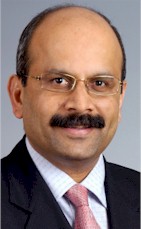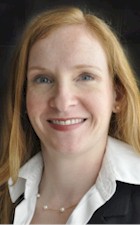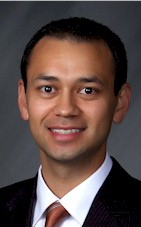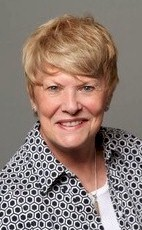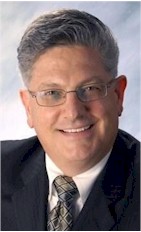
Big data, more than a buzzword, has by now become a conundrum that we, consumers and providers of information, try to crack and make sense of it. Essentially, we know that data is becoming larger with wider access to complex algorithms and connections. The onion metaphor - the peeling back of many layers - can be used to reflect the multifaceted aspects of machine learning technology. These swaths of data or rather layered strings of data sets turn these complex entities into a more accurate view of customer demand for the hotelier. READ MORE









